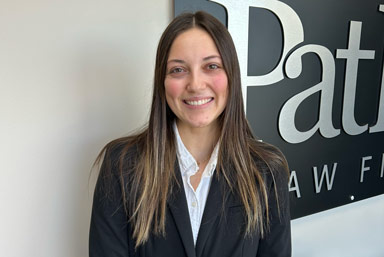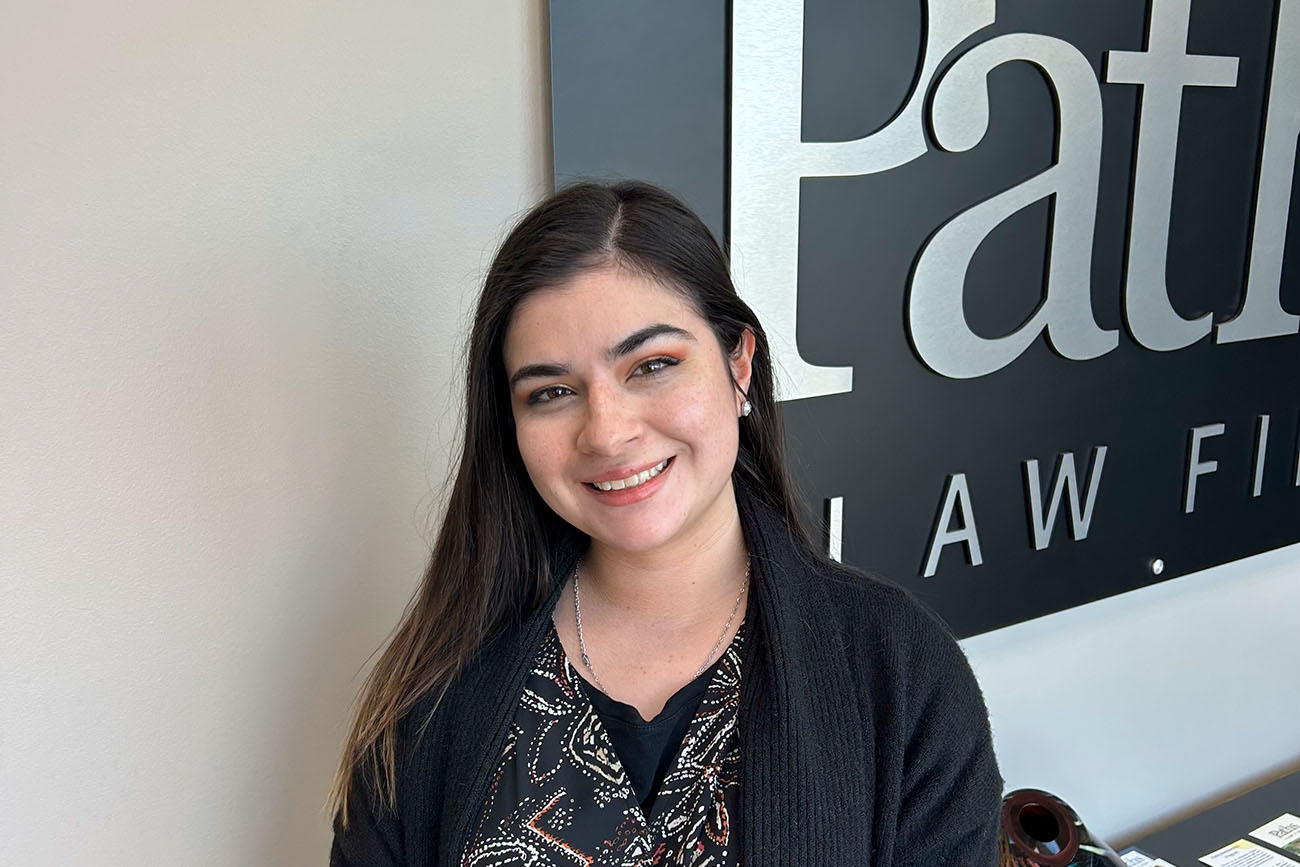Hiring an elder law attorney is essential for families navigating complex legal issues affecting seniors, but what does an elder law attorney do? They focus their attention in helping aging individuals and their families address challenges like Medicaid planning, estate planning, and long-term care. In this blog, we’ll cover everything you need to know about finding the right attorney.
How a Qualified Elder Law Attorney Can Help Your Family
Elder law attorneys, sometimes called elder care attorneys or estate planning attorneys, are professionals who focus their practice on helping clients with legal matters affecting seniors. These legal services range from Medicaid planning and Social Security to estate planning and long-term care insurance. They are also well-versed in the complexities of nursing home agreements, Medicaid eligibility, and asset protection. By hiring an elder law attorney, you’re securing professional support to guide your family through decisions that impact your loved one’s health care, financial stability, and quality of life.
6 Key Factors to Consider When Hiring an Elder Law Attorney
When trying to find an elder law attorney, you may encounter a variety of professionals claiming expertise in this area of law. Here’s what to consider to ensure you’re working with a qualified elder law attorney:

1. Expertise in Elder Law and Key Legal Areas for Seniors
Make sure the lawyer or professional you are considering has the necessary experience and expertise to help with your needs. It’s best to look for a lawyer focusing their practice in elder law or Medicaid planning, depending on your needs. It’s also important to ask about the lawyer’s experience. A lawyer with years of experience in the field will be better equipped to provide advice tailored to your unique situation.
2. Importance of Concentration in Elder Law and Medicaid
Elder law covers a wide range of services, but not all attorneys offer expertise in every area. Some may focus on estate planning without handling Medicaid planning, while others practice solely on Medicaid. Choosing an attorney experienced in both areas is crucial, as this ensures comprehensive support tailored to your needs.
Elder law attorneys assist with legal tasks like asset protection, retirement planning, estate planning, wills and trusts, powers of attorney, and guardianship. Medicaid attorneys, on the other hand, focus on nursing home Medicaid applications, asset preservation, and Medicaid eligibility, making them invaluable for families navigating long-term care and financial planning.

3. The Impact of Location on Legal Specialization
Since states like Missouri and Kansas lack official specialization designations for elder law, estate planning, or Medicaid, it’s essential to conduct thorough research to verify an attorney’s credentials and expertise.
4. Clarifying Fees and Payment Structures Before Hiring
Before hiring an attorney, it’s important to understand their fees and payment structure. Ask about their billing methods, whether they charge an hourly rate, flat fee, or retainer, and what services are included. Also, clarify if there are any additional costs, such as for court filings or consultations. Be sure to discuss payment options, such as installment plans, to ensure the arrangement works for your budget. Clear communication about fees upfront can help prevent surprises and ensure a smooth working relationship.

5. Communication and Family Support in Legal Planning
When hiring an elder law attorney, it’s important to find one with whom you feel comfortable communicating. Ask about their preferred communication methods, how often they will provide updates, and their policy on returning calls or emails. Since family members often play a significant role in long-term care planning, it’s essential that the attorney works well with your family to ensure everyone’s needs are met and that they understand the implications of Medicaid planning, health care decisions, and estate plans.
6. Evaluating the Reputation of an Elder Law Attorney
When choosing an elder law attorney or Medicaid planner, it’s important to consider their reputation. Check online reviews from past clients to assess their expertise, communication, and success rate. Ask other professionals, such as financial advisors or healthcare providers, for referrals. Researching an attorney’s previous cases, especially those similar to yours, can also help gauge their experience.
Doing thorough research ensures you find a qualified professional who can effectively navigate long-term care planning and estate management, securing the best care and coverage available to you under the law. The right attorney can make a significant difference in the outcome of your case and your family’s well-being.
Finding the Right Elder Law Attorney for Your Needs
The process of finding an elder law attorney doesn’t have to be overwhelming. Resources like the National Academy of Elder Law Attorneys and the National Elder Law Foundation can help you locate certified elder law attorneys in your area.
At Paths Law, our team of experienced attorneys can provide comprehensive legal advice and services related to elder law, Medicaid, and VA benefits. We strive to provide each client with security in legally planning for the inevitable and unforeseen regarding their passing and long-term care needs. Contact us today to learn more about how we can help you.



































